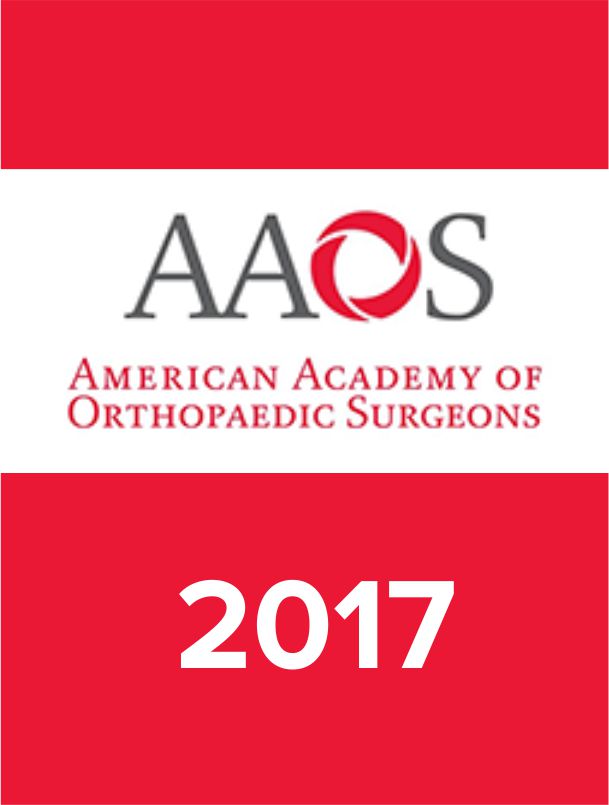
50 patients scheduled for total knee arthroplasty were randomized to the procedure completed with either patient-specific instrumentation (PSI) or conventional instruments. Patients were assessed for clinical scores, component migration on radiostereometric analysis, operative time, surgical resource consumption and waste production, and overall cost per patient. PSI was associated with no significant differences compared to conventional instruments for clinical scores or migration after 6 months but did demonstrate significantly greater total cost per patient when compared to conventional instruments.
Unlock the full ACE Report
You have access to {0} free articles per month.Click below to unlock and view this {1}
Unlock NowCritical appraisals of the latest, high-impact randomized controlled trials and systematic reviews in orthopaedics
Access to OrthoEvidence podcast content, including collaborations with the Journal of Bone and Joint Surgery, interviews with internationally recognized surgeons, and roundtable discussions on orthopaedic news and topics
Subscription to The Pulse, a twice-weekly evidence-based newsletter designed to help you make better clinical decisions
Exclusive access to original content articles, including in-house systematic reviews, and articles on health research methods and hot orthopaedic topics
Or upgrade today and gain access to all OrthoEvidence content for just $1.99 per week.
Already have an account? Log in


Subscribe to "The Pulse"
Evidence-Based Orthopaedics direct to your inbox.
{0} of {1} free articles
Become an OrthoEvidence Premium Member. Expand your perspective with high-quality evidence.
Upgrade Now












































































